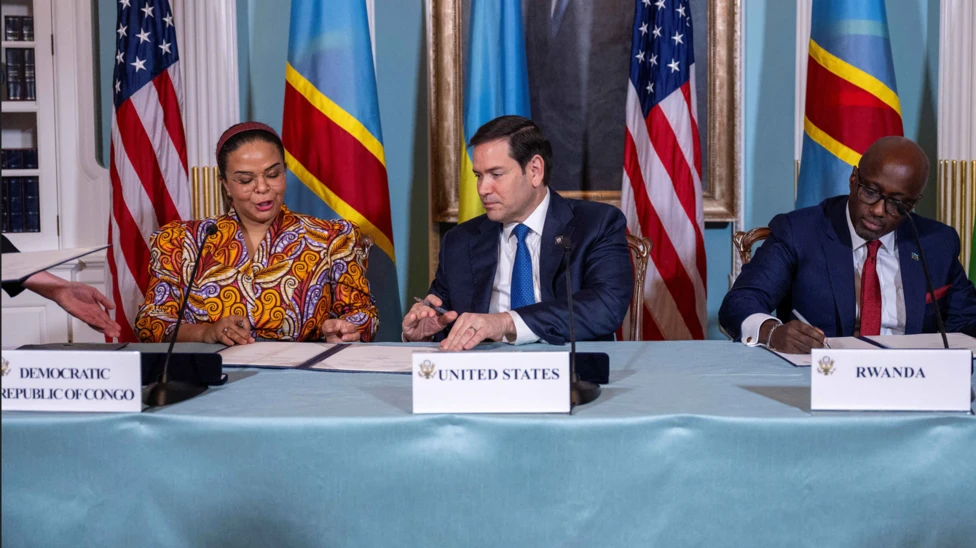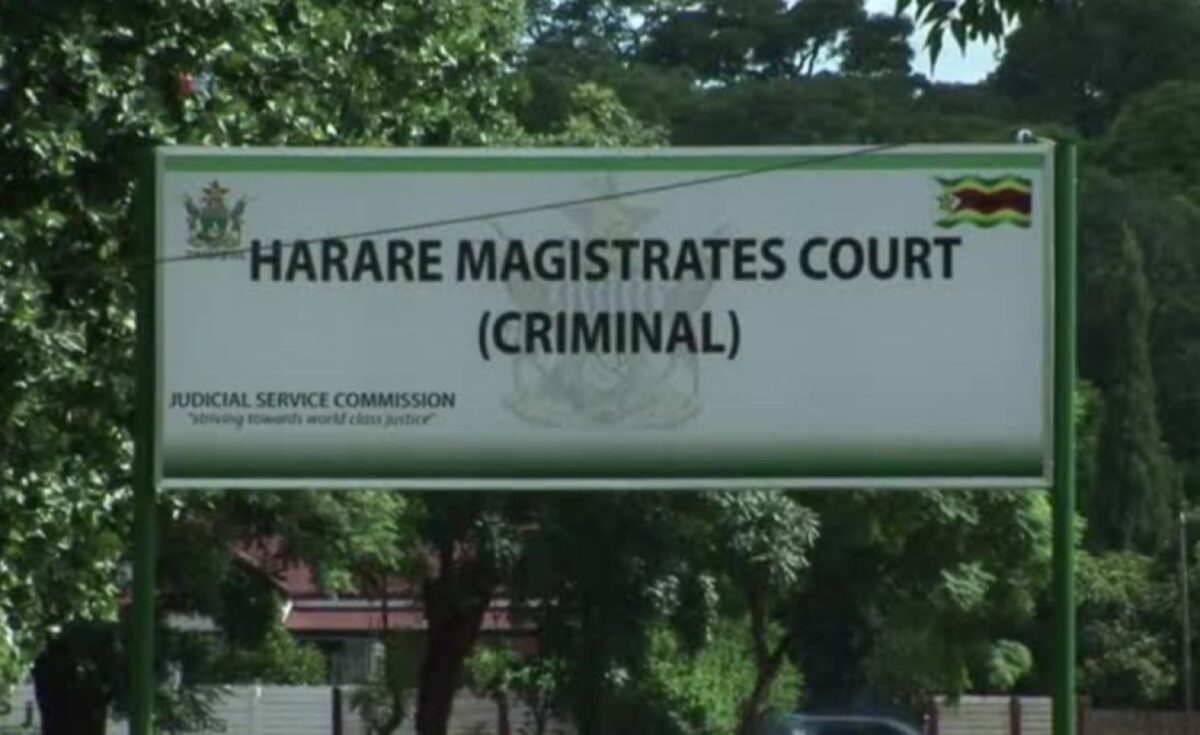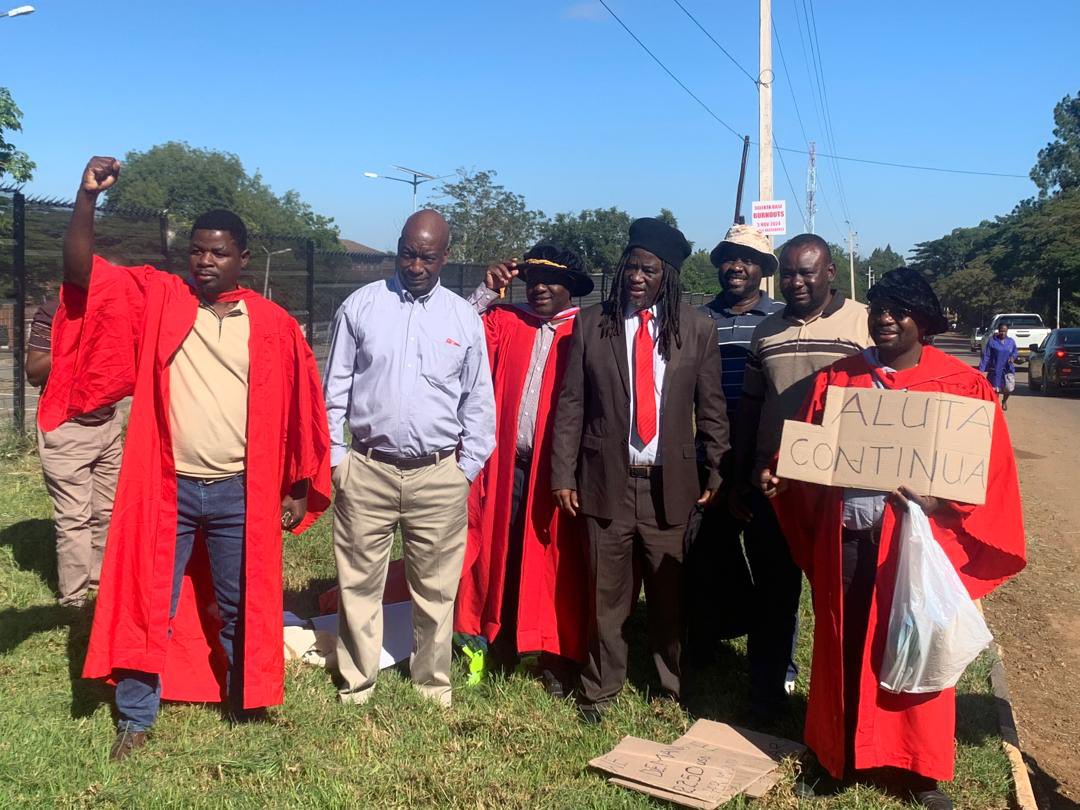HARARE – A Harare-based Japanese martial arts trainer who says a wrong diagnosis and treatment left him disabled is suing two doctors and the Medical and Dental Practitioners Council of Zimbabwe (MDPCZ) for US$260,000, claiming negligence.
Harunobu Chiba, the owner of Chiba Dojo Zimbabwe, suffered a back injury in 2015, but he says his injury was traced to the wrong vertebral discs on his spine, resulting in a botched surgery which had to be rectified in Japan.
The 72-year-old says after returning from Japan in 2018, he wrote to the MDPCZ, the regulatory body for medical professionals, to complain about the conduct of Dr Kirtikumar Naik, a specialist radiologist practising at MRI Diagnostic Centre, also known as Baines Imaging Group.
It was Dr Naik, says Chiba in High Court summons, who produced “out of focus” results of his MRI examination, leading to the identification of vertebrae 10 and 11 as damaged, while experts in Japan later identified nine and 10 as the cause of his injury.
Dr Mwera, a specialist neurosurgeon and also a lecturer at the University of Zimbabwe, used the report by Dr Naik to carry out a surgical operation on vertebrae 10 and 11, charging Chiba US$3,736.
“Instead of recovering from his injury after the operation, Chiba’s pain and suffering worsened remarkably and he lost the ability to walk as well as experiencing difficulties urinating,” his lawyers say.
Chiba was flown to Japan for further treatment at Saku Hospital during which it was discovered by the specialists on June 4, 2015, that the hernia injury to his spine was unattended. It was also established that Dr Naik’s images were out of focus and unreliable, causing Dr Mwera to operate on the wrong vertebrae, which required no attention, and damaged it.
“In doing so, the doctors acted wrongfully and unlawfully in failing to exhibit the level of skill and care that is expected of them,” said Chiba in an affidavit.
Chiba was operated on to remove the hernia and install stabilising bolts and nuts on vertebrae numbers nine and 10, incurring costs of US$17,767.
His condition improved after the corrective surgery and he was able to walk again, although with difficulty and numbness in both legs.
From 2015 to August 2018, Chiba said he was admitted for physiotherapy at Nagano Prefectural Rehabilitation Centre. He says in his High Court filing that he was in pain all the time and so severely ill he was “physically and psychologically incapacitated to organise any of his affairs, and totally relied upon his caregivers.”
Chiba said he spent US$2,505 on his rehabilitation and US$60,000 on accommodation and subsistence paid to the municipality of Nagano during his three years in Japan.
During the period of convalescence, he told the High Court he required business class air travel and the assistance of his son in respect of which he spent US$9,200 for two return tickets and a one-way ticket.
He is also claiming lost income from his karate club amounting to US$12,300.
The total expenditure incurred, according to go the summons, is US$90,967.
Chiba says he suffered permanent disability which would not have occurred but for the doctors’ incompetent diagnosis, and treatment of him. For this, he is demanding US$100,000.
Chiba said he lost amenities for life in the sense that he has not recovered his full range of movements and is limited in his training of students at his dojo, and is claiming US$70,000.
Chiba said beginning in 2019, he sought the intervention of the MDPCZ with a complaint of medical negligence and malpractice, but he never got a response despite the council’s statutory mandate to discipline errant medical professionals and obtain redress for victims of malpractice.
Chiba accused the medical council of breaching its duty of care to him, and says it should have foreseen that its conduct would jeopardise his prospects of a remedy at law.
He wants the High Court to order MDPCZ to institute an inquiry into his injury and treatment, and to order restitution and any other remedies.
Chiba, who has lived in Zimbabwe since 1980, also wants the court to declare that the council’s conduct was unlawful and in breach of the Health Professions Act among other demands.
The matter is pending.
















